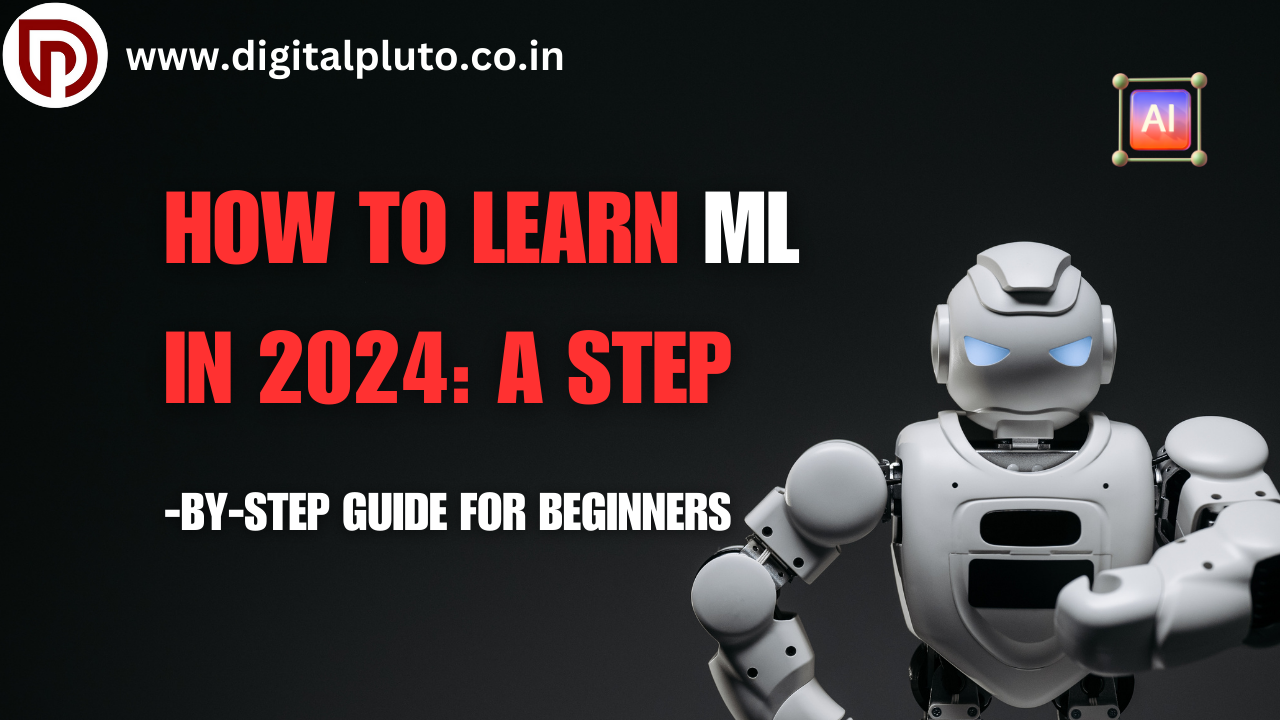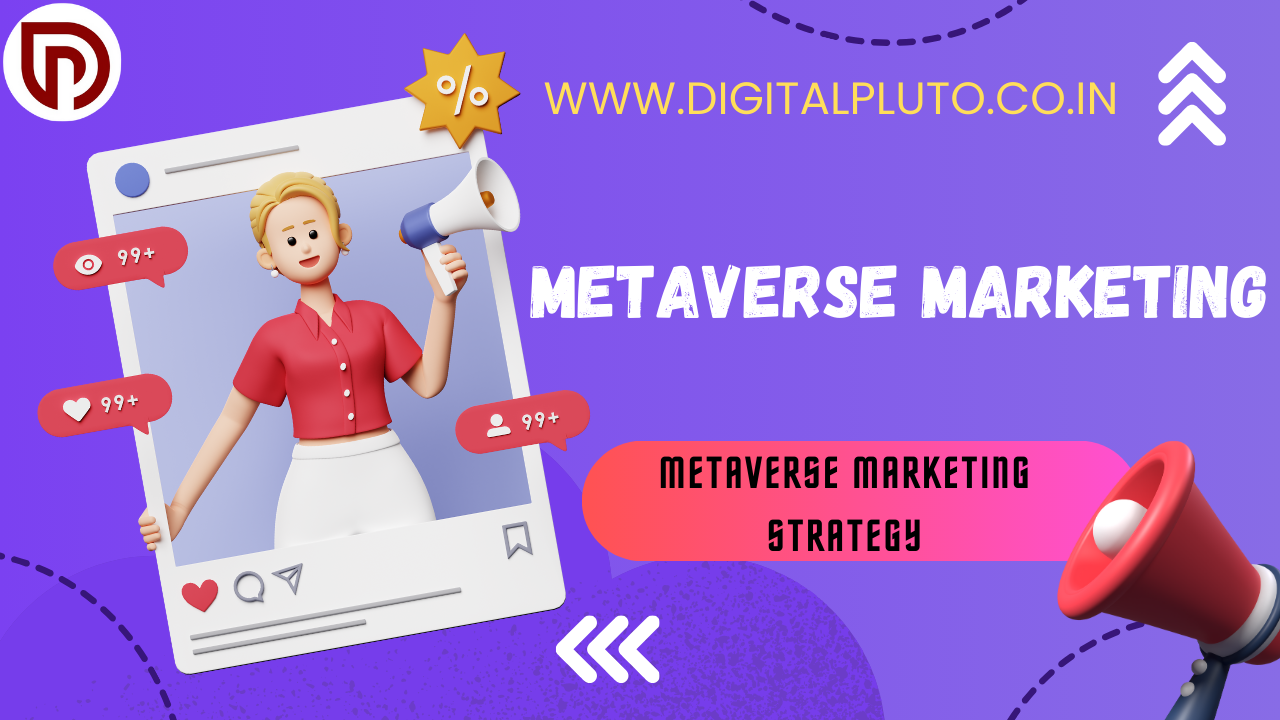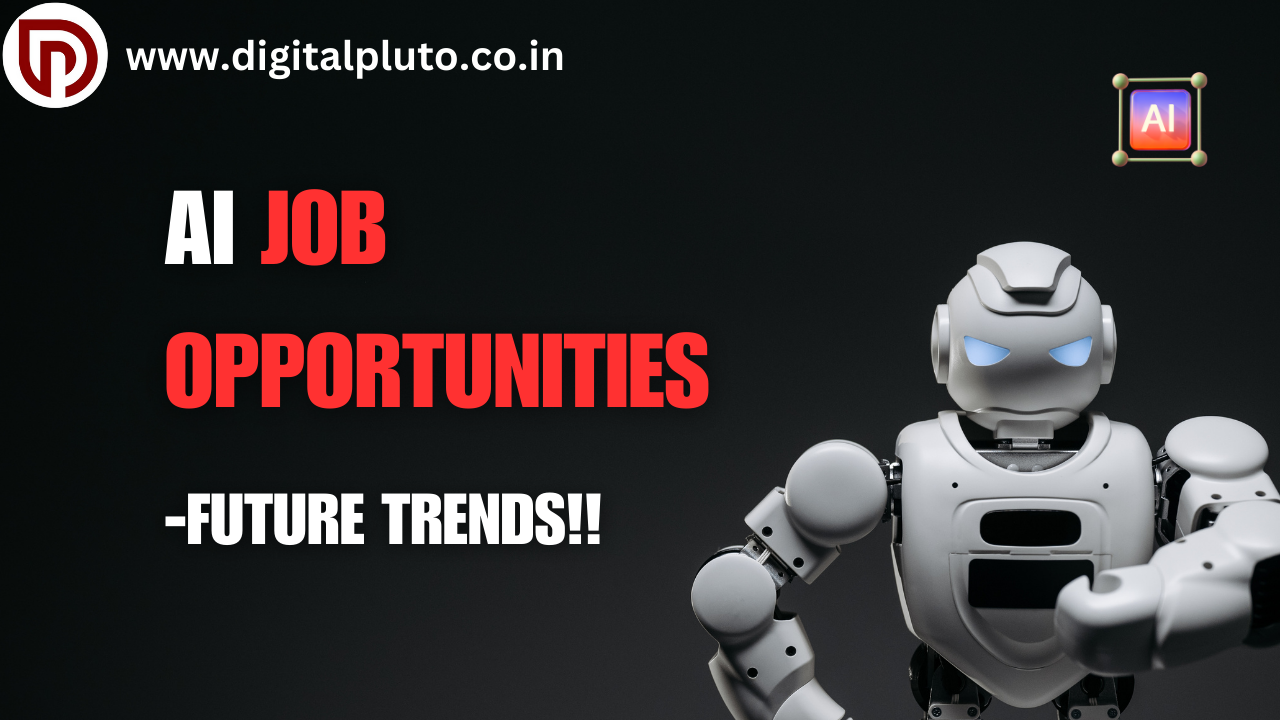
Unlocking the Potential of AI: Exploring the Diverse Career Opportunities
![]()
The demand for qualified experts in the field is soaring as the AI business experiences an incredible boom. There are many chances in the field of artificial intelligence (AI) just waiting to be discovered, regardless of your interests in technology, data, or changing careers. To assist you in choosing your career path, we will examine the many technical and non-technical positions in the AI sector, the qualifications needed for each, and the associated compensation levels in this extensive guide. lets dive in to this blog post , AI Job Opportunities And get ideas.
Technical Roles in the AI Ecosystem
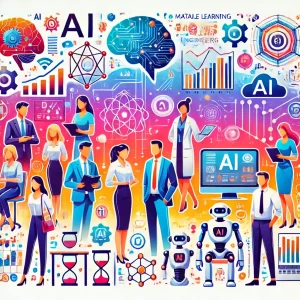
The magic happens on the technical side of the AI business, where experts use their knowledge of statistics, programming, and mathematics to spur innovation. Let us examine the essential technical positions and the competencies required to succeed in them.
Data Scientist
By drawing insightful conclusions from the massive ocean of data, data scientists are the alchemists of the AI world. Your main duties as a data scientist would be to create prediction models using machine learning algorithms and use descriptive analytics to find hidden patterns and trends. You will need a strong background in programming languages like Python or R, a firm grasp of statistics and mathematics, and outstanding communication skills to effectively present your findings to business stakeholders if you want to succeed in this position of AI job opportunities.
Check out the Codebasics YouTube channel’s Data Science Roadmap video if you are interested in gaining the skills needed to become a data scientist. This thorough manual offers a weekly study schedule along with a list of free educational resources.
AI Engineer
The link between theory and practice is provided by artificial intelligence (AI) engineers, also referred to as machine learning engineers. To create and implement machine learning models in production, they integrate their knowledge of data science with their expertise in software engineering. Model optimization and training, as well as their smooth integration with the rest of the software ecosystem, are the duties of an AI engineer. You will need to be proficient in Python and other programming languages, have a solid understanding of machine learning algorithms, and be able to create and implement reliable software structures in order to succeed in this position.
For a detailed roadmap on becoming an AI engineer, be sure to check out the AI Engineer Roadmap video on the Codebasics YouTube channel. This resource provides a comprehensive study plan and a list of free learning materials to help you acquire the necessary skills of AI job opportunities.
Natural Language Processing (NLP) Engineer
Natural language processing (NLP) engineers are experts in areas like conversational AI, language generation, and text analysis. They use their extensive knowledge of programming, machine learning, and linguistics to create solutions that let computers comprehend, interpret, and produce human language. A solid understanding of NLP principles, experience with libraries such as SpaCy, and the capacity to apply your knowledge to practical issues are prerequisites for being an NLP engineer.
Computer Vision Engineer
Experts in the analysis of images and videos, computer vision engineers create tools that let robots see and comprehend the visual world. To solve problems like object detection, picture classification, and video analytics, they use their understanding of computer vision techniques, deep learning, and image processing. You must be proficient with libraries like OpenCV and YOLO, have a firm grasp of computer vision principles, and be able to build and implement reliable computer vision systems in order to succeed in this position.
MLOps Engineer
The DevOps experts in the field of artificial intelligence are MLOps (machine learning operations) engineers. The infrastructure and procedures that facilitate the deployment and administration of machine learning models in production must be constructed and maintained by them. In addition to having a solid grasp of DevOps concepts and procedures, an MLOps engineer must be proficient with tools and technologies such as Amazon SageMaker, MLflow, and Kubeflow.
The salaries for these technical roles can vary widely depending on factors such as your location, experience, and the specific requirements of the company. However, as a general guideline, the salary ranges for these positions in India and the United States are as follows:
- Data Scientist: ₹6-20 lakhs (India), $80,000-150,000 (US)
- AI Engineer: ₹6-20 lakhs (India), $80,000-150,000 (US)
- NLP Engineer: ₹6-20 lakhs (India), $80,000-150,000 (US)
- Computer Vision Engineer: ₹6-20 lakhs (India), $80,000-$150,000 (US)
- MLOps Engineer: ₹6-20 lakhs (India), $80,000-150,000 (US)
It’s important to note that these salary ranges are broad and can vary significantly based on factors such as your skills, experience, and the specific requirements of the role and the company.
Non-Technical Roles in the AI Ecosystem
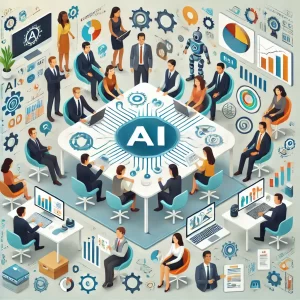
Even though the technical positions in the AI sector are certainly fascinating, a variety of non-technical positions are as essential to the accomplishment of AI initiatives. The abilities needed to succeed in these non-technical employment possibilities will be discussed in this AI job opportunities.
AI Product Manager
The visionaries who close the gap between AI’s technical capabilities and practical business requirements are known as AI product managers. They are in charge of overseeing the development process, establishing the product strategy, and making sure the supplied AI solutions satisfy the needs of the stakeholders. You will need to be well-versed in AI and machine learning ideas, have a solid grasp of product management principles, and have outstanding stakeholder management and communication abilities to succeed in this position.
If you’re interested in learning more about the skills required for an AI product manager role, be sure to check out the AI Career Opportunities PDF available on the Codebasics website. This comprehensive resource provides a detailed breakdown of the core and tool skills needed for various AI-related roles.
AI Ethics Executive
With the expanding usage of AI, ethical supervision and compliance have become more crucial than ever. Executives in charge of AI ethics are in charge of making sure that AI systems are created and implemented responsibly, ethically, and in compliance with all applicable laws and regulations. Since they will be responsible for advising the AI team on compliance standards and ethical issues, this position is ideal for someone with a background in law, regulatory affairs, or ethics.
AI Sales Executive
The ambassadors of AI solutions, AI sales executives, are in charge of marketing and closing deals with prospective customers for AI-powered goods and services. You must be well-versed in AI and machine learning principles for this position, and you must be able to explain the benefits of these technologies to stakeholders who are not technical. Success in this position requires strong sales abilities, knowledge of CRM software, and the capacity to handle the intricate sales process.
The salary ranges for these non-technical AI roles can also vary significantly based on factors such as location, experience, and the specific requirements of the company. As a general guideline, the salary ranges for these positions in India and the United States are as follows:
- AI Product Manager: ₹15-50 lakhs (India), $150,000-$900,000 (US)
- AI Ethics Executive: ₹15-50 lakhs (India), $150,000-$300,000 (US)
- AI Sales Executive: ₹15-50 lakhs (India), $80,000-$350,000 (US)
It’s important to note that the higher end of these salary ranges may be reserved for highly experienced professionals or those working in specialized or senior-level roles.
Choosing the Right AI Career Path
It can be difficult to choose the AI job opportunities path that best suits your needs given the wide variety of possibilities accessible. Make sure to watch the Codebasics YouTube channel’s AI Career Selection Guide video to aid in your decision-making. This video offers a thorough framework to assist you in assessing your abilities, passions, and professional objectives and directing you toward the AI position that most closely matches your ambitions.
The secret to success in the AI sector, regardless of the exact position you select, is a blend of technical know-how, problem-solving abilities, and a readiness to keep learning and evolving. You can start along the path to a successful and enjoyable career in the fascinating field of artificial intelligence by utilizing the tools and strategies offered in this article.
Remember, the AI industry is rapidly evolving, and the demand for skilled professionals is only going to continue to grow. By positioning yourself as a valuable asset in this dynamic field, you can unlock a world of opportunities and contribute to the technological advancements that are shaping the future.
Follow https://www.digitalpluto.co.in/ for more latest updates about artificial intelligence.

